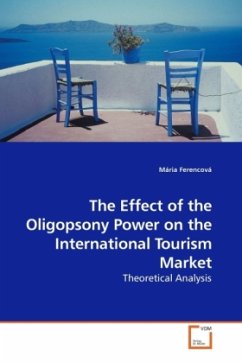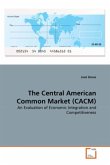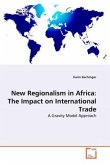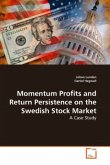Mass tourism has been made possible because of a high degree of market power concentration. The tourism market in Europe operates on the basis of a small number of tour operators with a dominant position in the market. In the first part, this book presents evidence on the high concentration of the tourism market in Europe. In the second part, the author derives a simple two- country model that studies the effects of market power of an oligopsony of big tour operators on small and medium tourism enterprises (SMTE). The two described effects (demand and market power effects) have an ambiguous impact on the welfare of the SMTE. The final part contains recommendations on how to improve the relationship between tour operators and SMTE for their mutual benefit. Because oligopsony power in tourism has not been studied widely, this book can be used to understand the reasons and implications of the concentrated market power structure in tourism thanks to its practical and theoretical aspects. It should be useful for academics and authorities interested in the effects of market power.
Bitte wählen Sie Ihr Anliegen aus.
Rechnungen
Retourenschein anfordern
Bestellstatus
Storno








